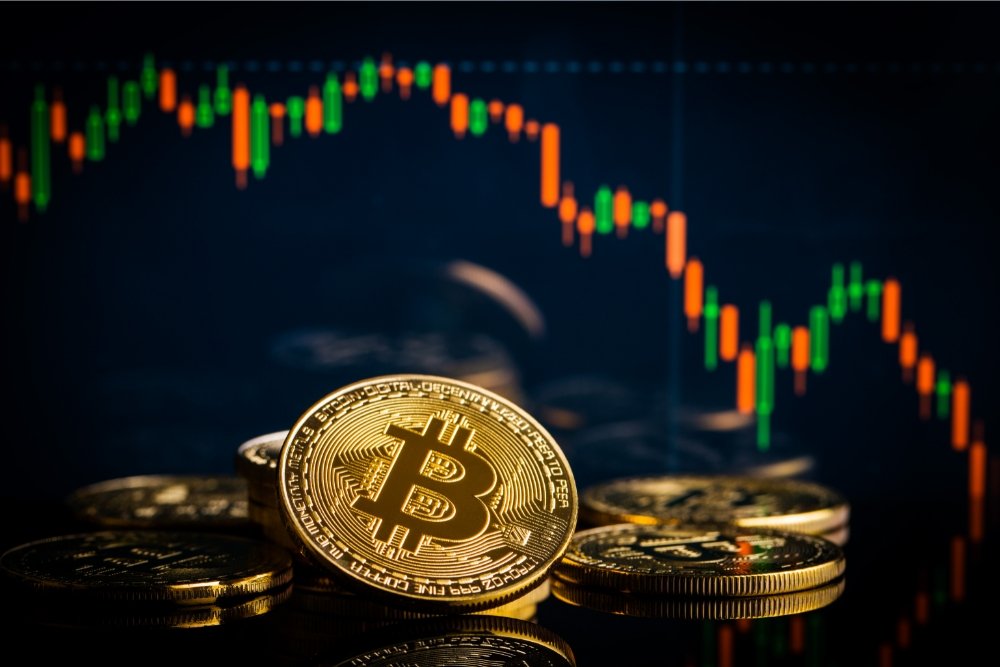Non-fungible tokens (NFTs) have been gaining popularity over the past few years. They can represent various items, including physical goods such as artwork or collectibles. Recently, NFTs have been used in food and drink manufacturing processes to help improve efficiency and traceability. In this article, we will discover how NFTs are being utilized in food and beverage production.
What does NFT mean in Food?
The role of NFT in the food industry is still emerging and evolving. NFTs can play a role in Food by providing transparency, traceability, and proof of authenticity.
One possible application of NFTs in the food industry is supply chain management. NFTs can track the journey of food products from farm to table. It can help ensure that Food is sourced ethically and sustainably and provide consumers with information about the origin and quality of the Food they are purchasing.
NFTs can also verify the authenticity of high-value or rare food items. For example, a chef or restaurant owner could create an NFT for a unique recipe or dish, providing proof of its originality and exclusivity. It could be precious in fine dining and gourmet cuisine.
Additionally, NFTs could create a new market for food-related digital collectibles or virtual experiences. It could include virtual cooking classes, recipe collections, or even virtual tastings. By tokenizing these experiences, creators can sell them as unique and limited-edition items, providing a new revenue stream for chefs, food influencers, and content creators.
However, it’s important to note that the use of NFTs in the food industry is still in its early stages, and challenges and considerations must be addressed. These include issues of accessibility, energy consumption (as blockchain technology can be energy-intensive), and ensuring that NFTs are used responsibly and ethically.
While the role of NFTs in the food industry is still developing, they have the potential to provide transparency, traceability, and proof of authenticity. Whether through supply chain management, verification of unique food items, or creating a market for food-related digital collectibles, NFTs can offer new opportunities and experiences in the Food world.
How can NFTs be used in Food Manufacturing?
NFTs could revolutionize the Food manufacturing industry by enhancing traceability, transparency, consumer engagement, quality control, and sustainability. By leveraging this technology, food manufacturers can build consumer trust and differentiate themselves in an increasingly competitive market.
Traceability
One potential use of NFTs in food manufacturing is in the realm of traceability and supply chain management. By creating unique digital tokens for each batch or individual product, food manufacturers can track and verify their products’ origin, quality, and safety from farm to table.
It can help combat food fraud, contamination, and unethical sourcing practices. Consumers can scan the NFT associated with a product to access detailed information about its journey, including certifications, ingredients, and production methods.
Transparency
NFTs can be used to enhance transparency and consumer engagement. Food manufacturers can create limited-edition digital collectibles or tokens that represent special collaborations, sustainable practices, or unique experiences related to their products.
These NFTs can be offered as rewards or incentives to loyal customers, providing exclusive content, discounts, or event access. It adds value to the consumer experience and helps build a stronger connection between the brand and its customers.
Quality Control
Another benefit of using NFC technology for food production is improved quality control measures taken during processing stages before packaging/shipping finished products for sale elsewhere around the World Wide Web marketplaces.
It allows businesses to keep better tabs on any potential contamination issues that could arise due to the process leading up to delivery. End-user customer satisfaction is guaranteed!
Sustainability
NFTs can play a role in promoting sustainability and supporting fair trade practices in the food industry. By creating NFTs to represent ethically sourced ingredients or environmentally friendly production methods, food manufacturers can showcase their commitment to sustainability. Consumers who purchase products associated with these NFTs can contribute to supporting these initiatives and feel good about their choices.
How Does an NFT Restaurant Work?
An NFT restaurant is a unique concept that combines the world of cryptocurrency and dining. In an NFT restaurant, customers can purchase digital tokens representing ownership or access to certain aspects of the restaurant experience.
An NFT restaurant can work by offering exclusive dining experiences or perks to token holders. For example, a token might entitle the holder to a private chef’s table reservation, a personalized menu, or access to limited-edition dishes. These experiences can be redeemed by presenting the digital token at the restaurant.
In addition to exclusive experiences, NFT restaurants can also offer digital collectibles as part of their token offerings. These collectibles can include virtual artwork, recipes, or even virtual reality experiences related to the restaurant. Token holders can showcase their digital collectibles in their digital wallets or display them in virtual reality environments.
NFT restaurants can leverage blockchain technology to provide transparency and authenticity to their customers. Each transaction and ownership transfer of the tokens is recorded on the blockchain, ensuring that the digital assets are genuine and verifiable.
It’s important to note that NFT restaurants are a relatively new concept and are still being explored and experimented with in the industry. The success and sustainability of an NFT restaurant would depend on factors such as the quality of the dining experience, the demand for exclusive perks, and the overall adoption and acceptance of NFTs in the mainstream market.
Where is the world’s first NFT restaurant?
The world’s first NFT restaurant, “The Pixel,” is in London, United Kingdom. This unique restaurant combines the concept of non-fungible tokens (NFTs) with fine dining. Each dish on the menu is represented by an NFT, which customers can purchase and own. The NFTs represent ownership of the world and provide access to exclusive perks and experiences, such as personalized menus and invitations to special events.
The Pixel aims to create a new, immersive dining experience by blending technology with gastronomy. It has attracted attention from food enthusiasts and cryptocurrency enthusiasts interested in exploring the intersection of food and blockchain technology. As the world’s first NFT restaurant, The Pixel is pushing the boundaries of traditional dining and paving the way for new possibilities in the culinary world.
NFT and the Future of the Food and Drink Industry
NFT has been making waves in art, but their potential extends far beyond that. The food and drink industry is also starting to explore the possibilities of NFTs and how they could shape the industry’s future.
One way NFTs could impact the food and drink industry is by creating digital collectibles. Just as artists are selling digital artwork as NFTs, restaurants and beverage companies could create digital items for trading.
For example, a renowned chef could release a limited edition NFT recipe that gives the owner exclusive access to the recipe and unique related experiences. It could create a new revenue stream for chefs and restaurants and allow food enthusiasts to collect and engage with their favourite culinary creations in a whole new way.
Another potential use of NFTs in the food and drink industry is supply chain transparency. NFTs could be used to track the journey of a product from farm to table, providing consumers with verifiable information about its origin, production methods, and sustainability credentials.
It would increase trust and enable consumers to make more informed choices about their Food and drink. Additionally, NFTs could authenticate high-value or rare ingredients, ensuring their authenticity and quality.
Conclusion
Non-fungible tokens offer many advantages when applied to food and beverage manufacturing processes in today’s modern age. From increased traceability helping provide greater transparency between producer-consumer relationships to improved quality control measures ensuring safety standards are consistently met across the board, there are no limited possibilities for those willing to take advantage of cutting-edge technologies revolutionizing the industry right now!






